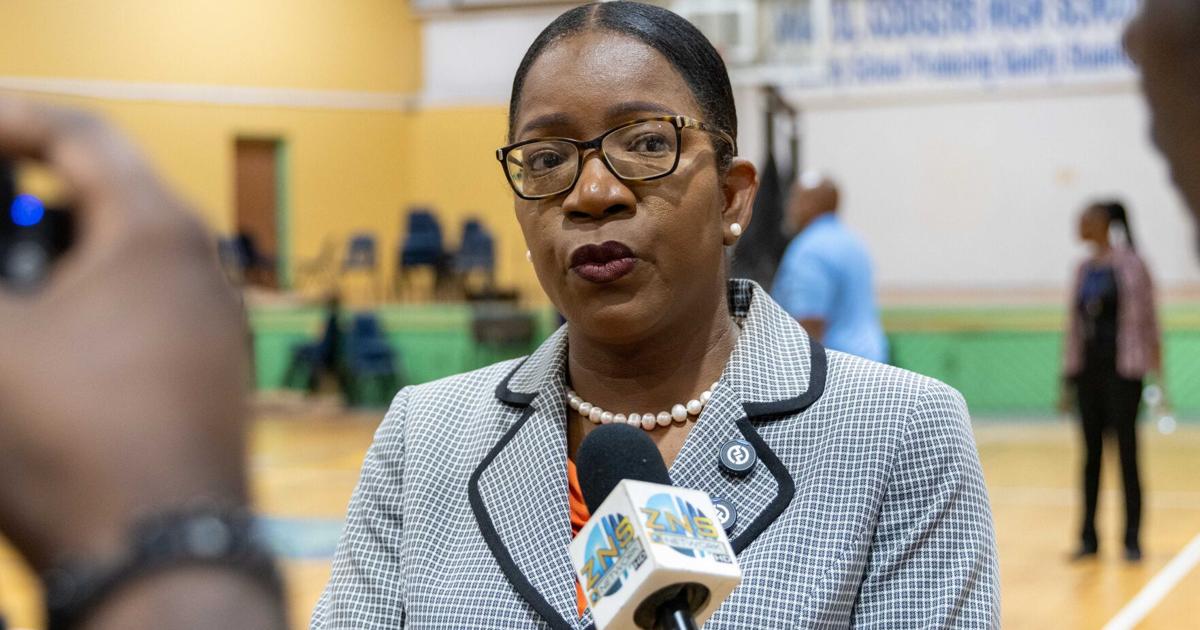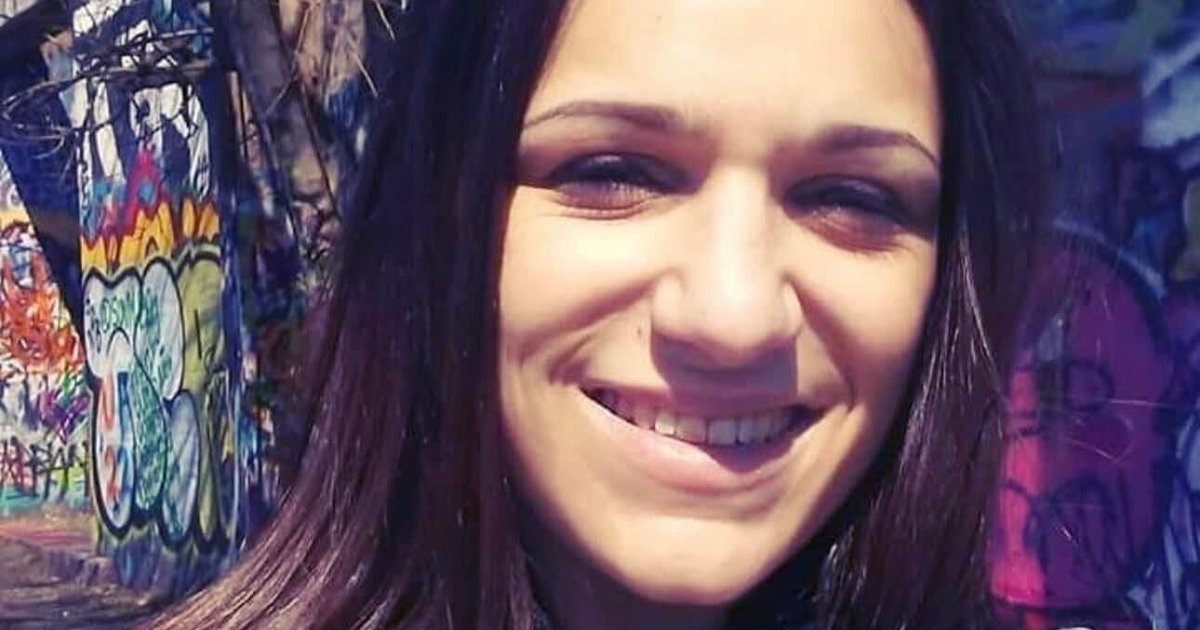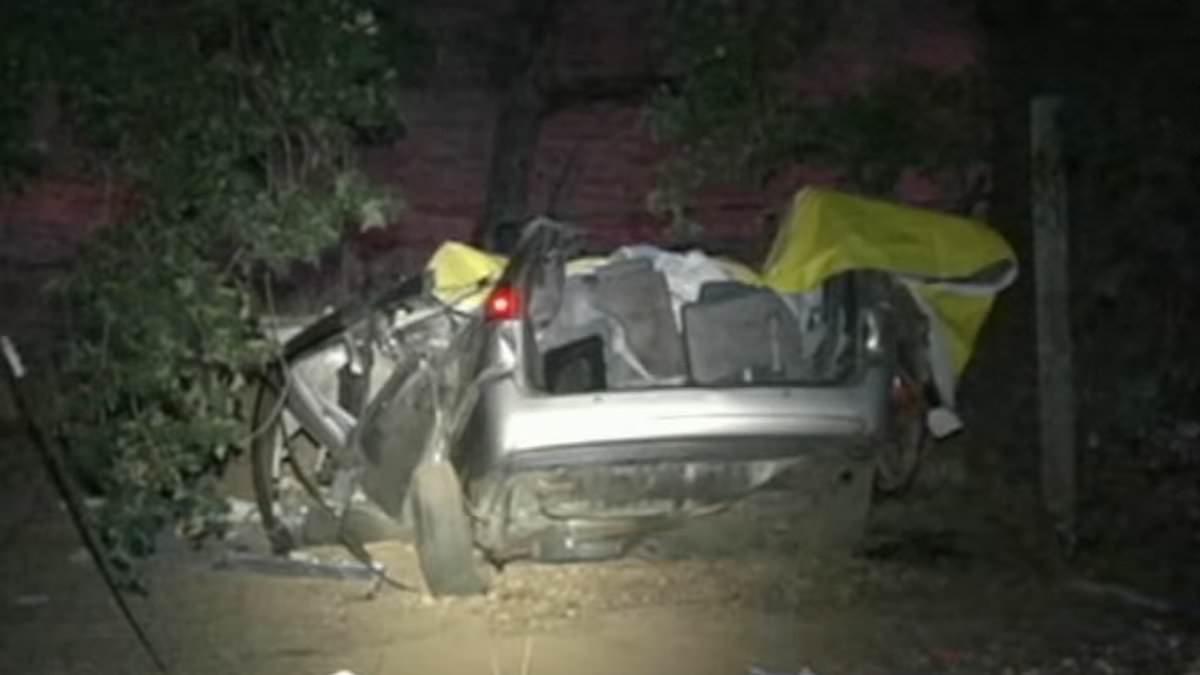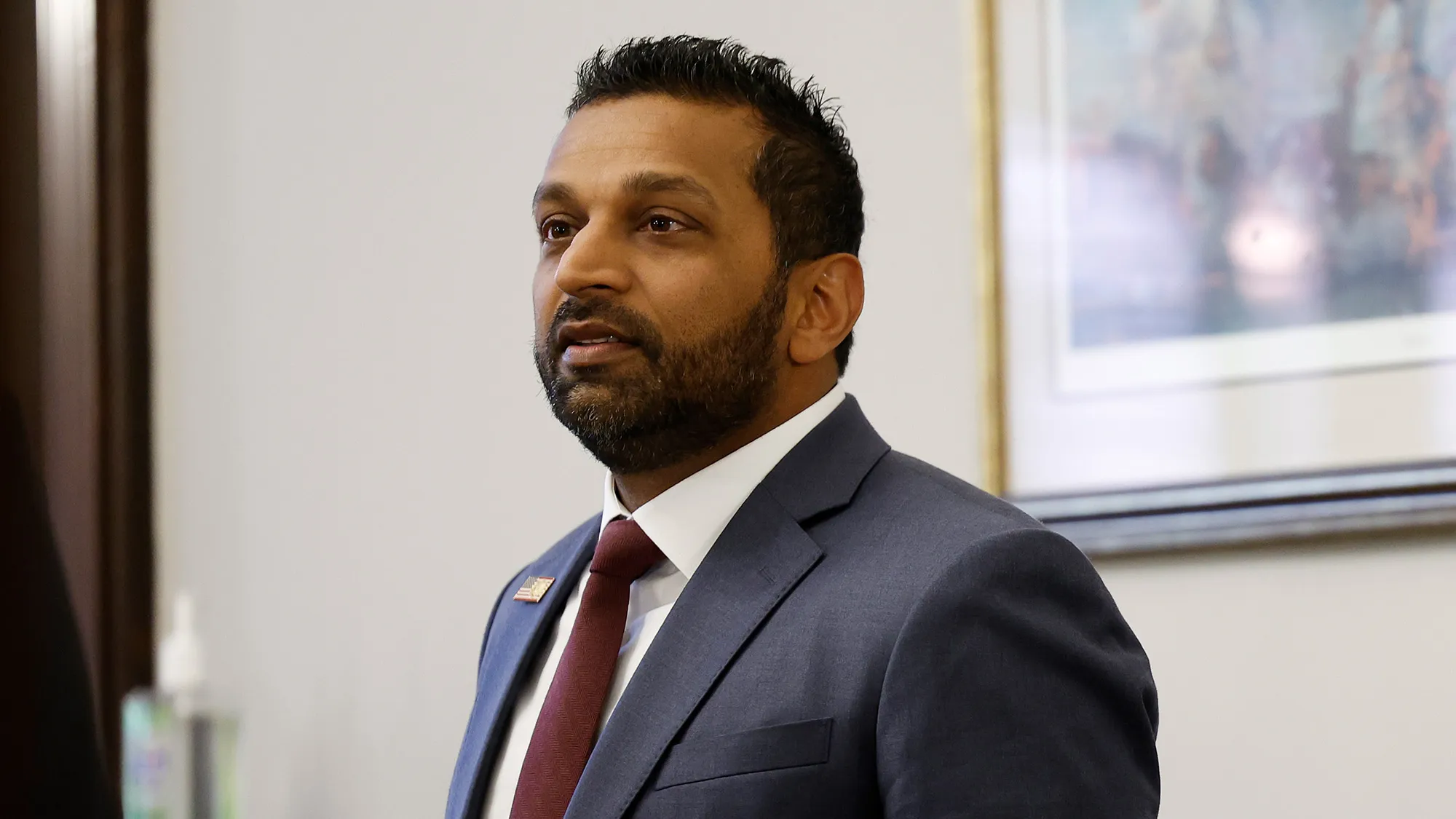By Eric Bain Iii,Latonya Roberts Guardian Staff Reporter
Copyright thenassauguardian

Director of Education Dominique McCartney-Russell yesterday dismissed concerns that there is an uptick in non-English speaking students in public schools.
Public school teachers took to social media to report an uptick in students that do not speak English nor understand it.
Bahamas Union of Teachers (BUT) President Belinda Wilson has said that some public school teachers reported an uptick in non-English speaking students. She warned that the barrier is creating behavior and learning disruptions in the classroom.
But McCartney-Russell said yesterday that there is no information to suggest that the issue is prevalent.
“We heard about a social media post indicating that there were some issues with students with English as a second language,” McCartney-Russell said after a presentation ceremony at the Ministry of Education.
“I cannot say to you that it is prevalent in our schools. We have no information on that to suggest that it is.
“In my knowledge, most of our children in our schools are Bahamians.”
She also added, “Right now we don’t see it as an issue, but we are certainly canvassing our schools to ascertain what they’re finding.
“This is based on one social media post by one teacher.
“And so we have to investigate to make sure. And as I indicated, from my vantage point, we’ve not seen it as an issue.”
Wilson said that the union wrote Minister of Education Glenys Hanna-Martin seeking ways to address concerns.
McCartney-Russell said some schools practice a buddy system to alleviate the language gap.
“I remember when I was a principal, if a child comes into the school, and they have English as a second language, we would actually pair them with another student so that they’re able to navigate the campus environment,” she said.
“And normally that would work.
“I’ve also spoken to some of my other colleagues, [and] principals, who have indicated that in one school… they had a parent who had English as a second language as well.
“That person served as the rep and there were several schools that indicated that it’s something that they utilized. So they utilized the buddy system, and they utilized a parent who could act as an interpreter.”
McCartney-Russell said the buddy system is not a policy and is not mandatory.
However, students are asked to assist and have the decision to agree or decline.
She also said, “Now what we have since done, though, is we want to bring persons to the table to ascertain if there are any other issues that are similar.
“And of course if we see that there’s a problem, right now we don’t see it as a problem, but if there is a problem we have ways to mitigate it.”



